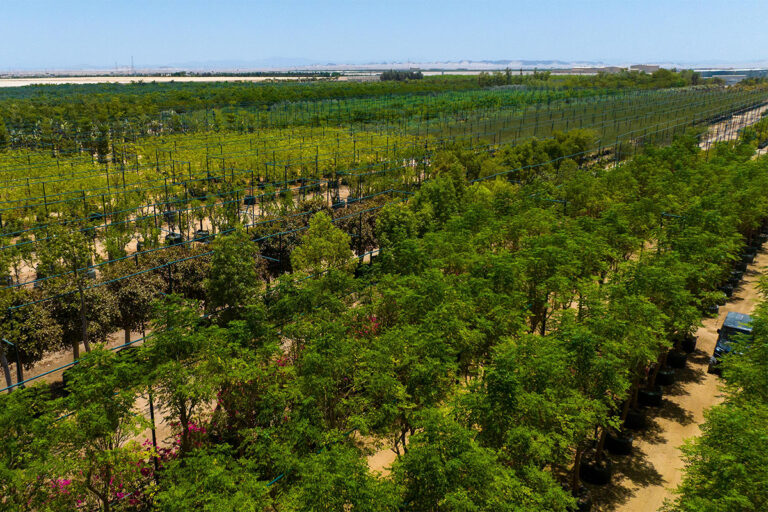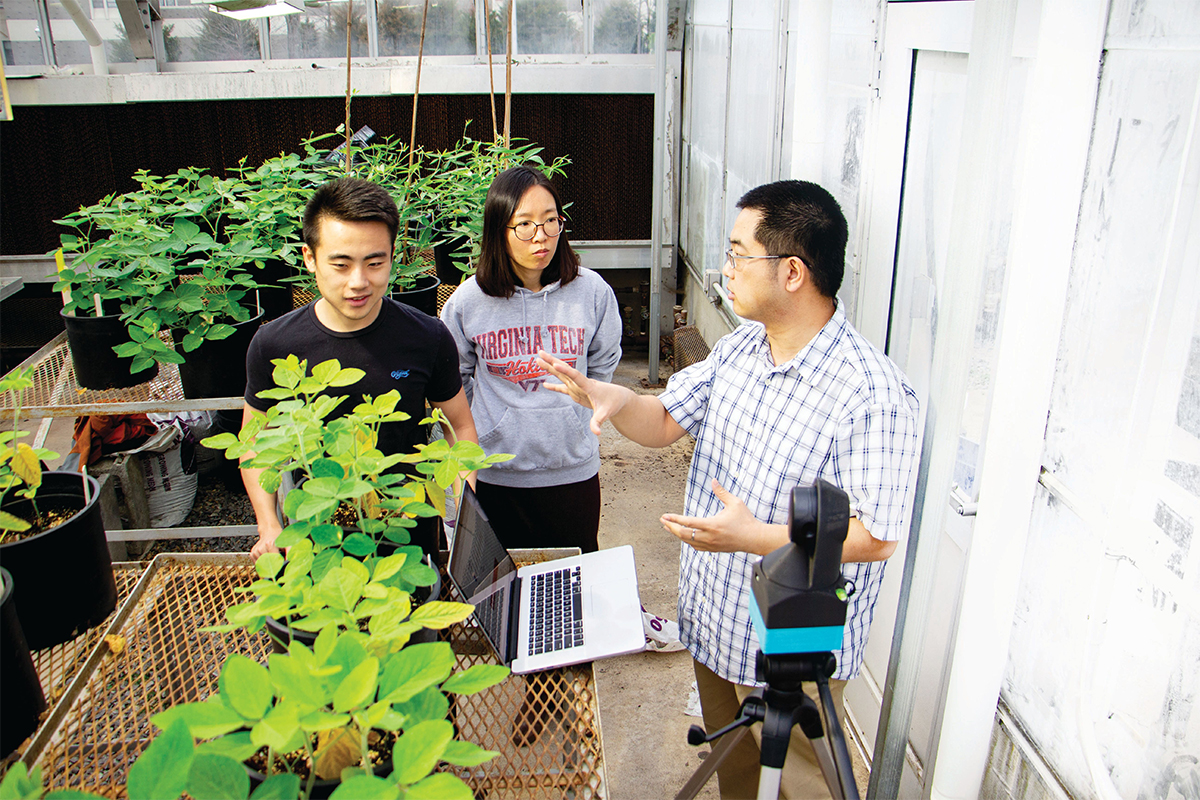
In a world where economic development too often looks like a scramble for tax breaks and ribbon-cuttings, Virginia has built something else entirely: a strategy. Not a campaign or a quick win—but a long-range, deeply wired system that fuses talent, technology, infrastructure, and policy into something greater than the sum of its parts.
Unlike most U.S. states, Virginia’s economic engine isn’t reinvented every four years with a new administration. Since 1995, the Virginia Economic Development Partnership (VEDP) has operated with a rare kind of independence—publicly funded but governed by a board of business and academic leaders with staggered terms. That structural insulation from politics is more than a technicality. It’s a superpower. “It allows us to implement long-range strategies and build institutional capability that lasts beyond any single administration,” says Jason El Koubi, the partnership’s president and CEO. In other words, Virginia doesn’t pivot—it plans.
And that plan is working. The state has quietly emerged as one of America’s most sophisticated innovation hubs, with sectoral depth across AI, cybersecurity, aerospace, biopharmaceuticals, semiconductors, logistics, and advanced manufacturing. It’s a top-three state for AI job openings, despite being significantly smaller than its competitors. It’s the global capital of data centers. It’s laying the groundwork for quantum. And unlike some states that measure success in groundbreakings and press releases, Virginia is focused on something more difficult and more meaningful: building the ecosystems in which entire industries can thrive.
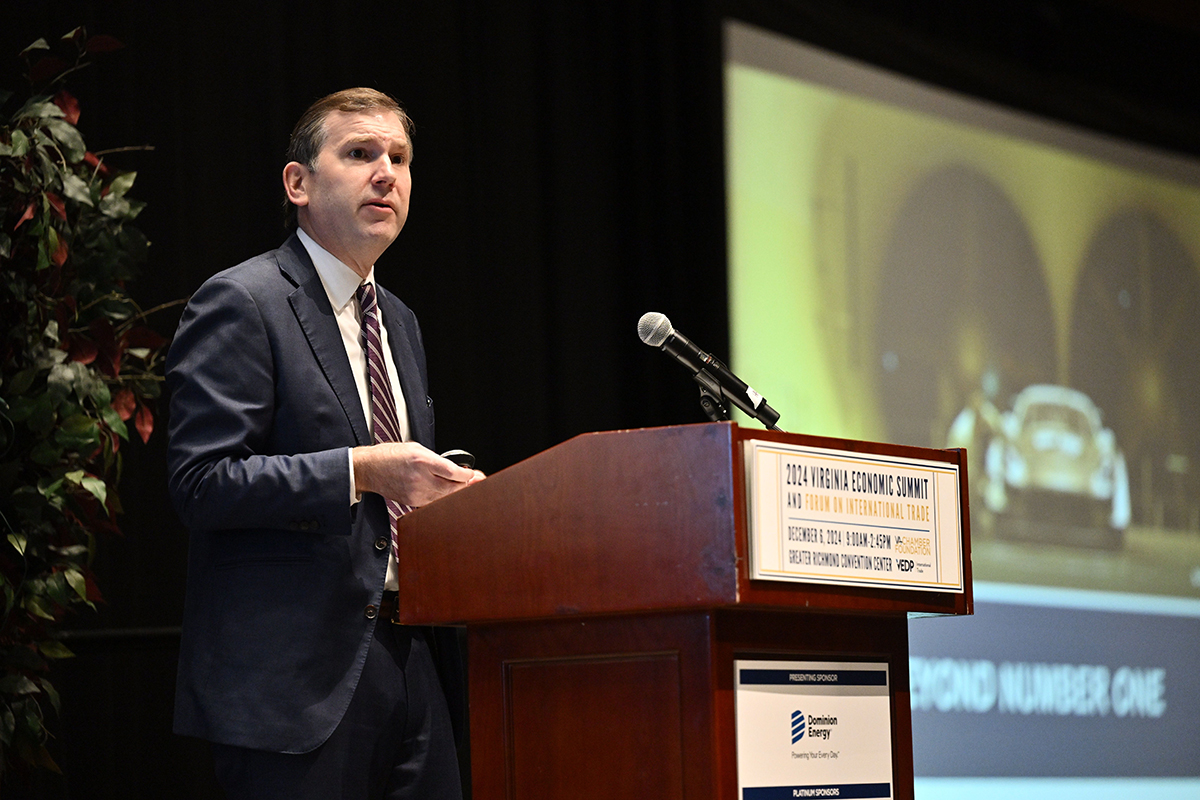
That ecosystem approach begins with people. VEDP has deliberately recruited professionals from inside the sectors it serves—former executives, analysts, engineers who speak the language of innovation not as outsiders, but as veterans. “Our approach isn’t transactional,” El Koubi says. “We don’t just recruit companies. We develop the conditions for growth—talent, infrastructure, policy alignment, research partnerships. It’s holistic.” And it’s working not just in tech corridors but in communities across the state. VEDP doesn’t just track job creation—it tracks wage quality and regional equity. A few years ago, only a handful of regions in Virginia were seeing growth. Now, every region is moving forward.
“When the playbook doesn’t change every four years, you can actually win the game”
Jason El Koubi, CEO, VEDP
It helps that Virginia treats talent as its core infrastructure. Beyond the state’s top-ranked universities—UVA, Virginia Tech, William & Mary, George Mason—Virginia has built one of the country’s most targeted workforce programs: the Virginia Talent Accelerator. It’s a best-in-class system that custom-builds recruitment and training solutions for new employers, tailoring everything from curriculum to equipment to company culture. “It’s free, it’s fast, and it’s highly customized,” says El Koubi. Already, more than 15,000 direct jobs have been supported through the program.
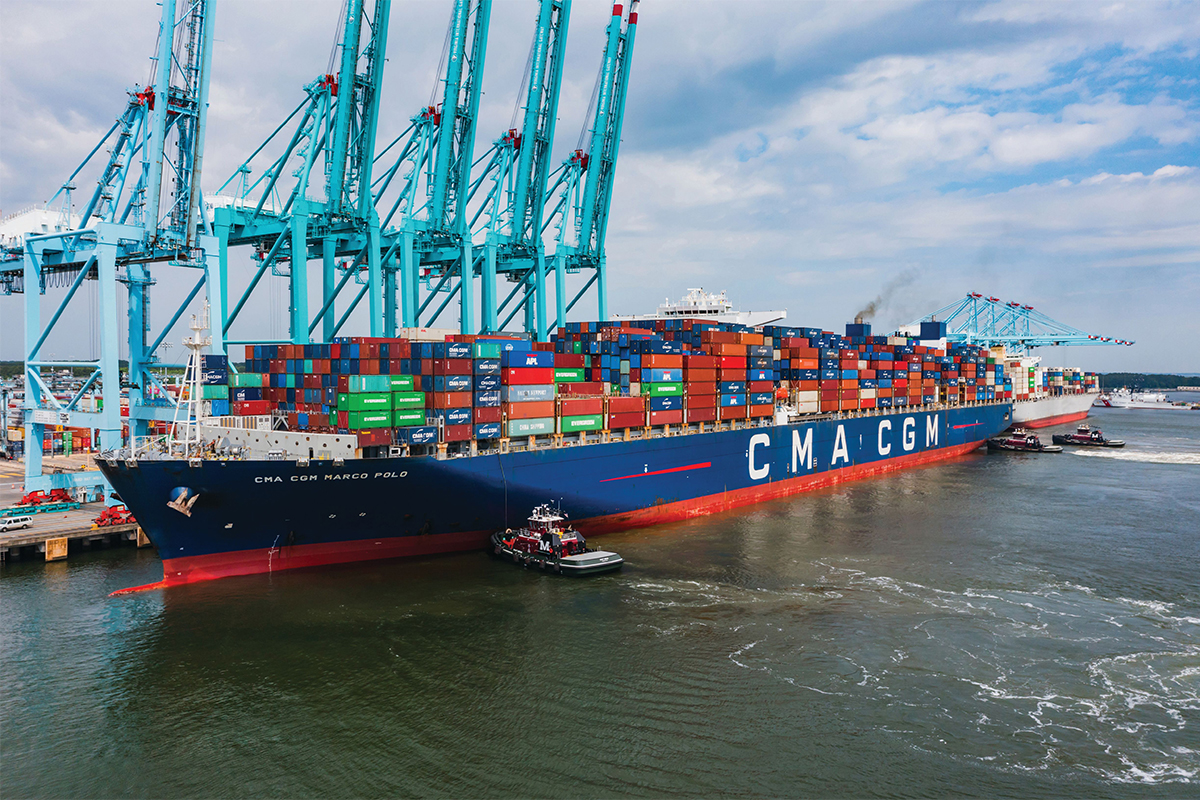
That same philosophy powered Virginia’s winning bid for Amazon’s HQ2. While other cities threw billions in incentives, Virginia made a bet on brains. The state pledged to double the number of computer science graduates across its universities. That long-view investment didn’t just help land Amazon—it bolstered the entire tech talent pipeline. And it confirmed Virginia’s edge: this is a place where government, academia, and business speak the same language—and write policy in the same time zone as the future.
Virginia’s geographic and physical infrastructure only sharpens its competitive profile. Within a day’s drive of half the U.S. population, the state boasts one of the East Coast’s most advanced ports and is expanding its international air cargo capacity through Dulles. It’s also home to the densest cluster of fiber optic cables and data centers in the world. This is where the internet lives. And yet, Virginia isn’t just optimized for business. It’s designed for living.
Talk to anyone who’s been and you’ll hear the same thing: Virginia is unexpectedly beautiful. From the peaks of the Blue Ridge Mountains to the softness of the Atlantic coastline, from long beaches and wine country to thriving midsize cities like Richmond and Norfolk, the state offers one of the most compelling quality-of-life packages in America. “I can be in the mountains, the ocean, or Washington, D.C. in under two hours,” says El Koubi. “We’ve got incredible food culture—Virginia ham, oysters, world-class wine—and a real sense of community. It’s a place where you can build something and still be home for dinner.”
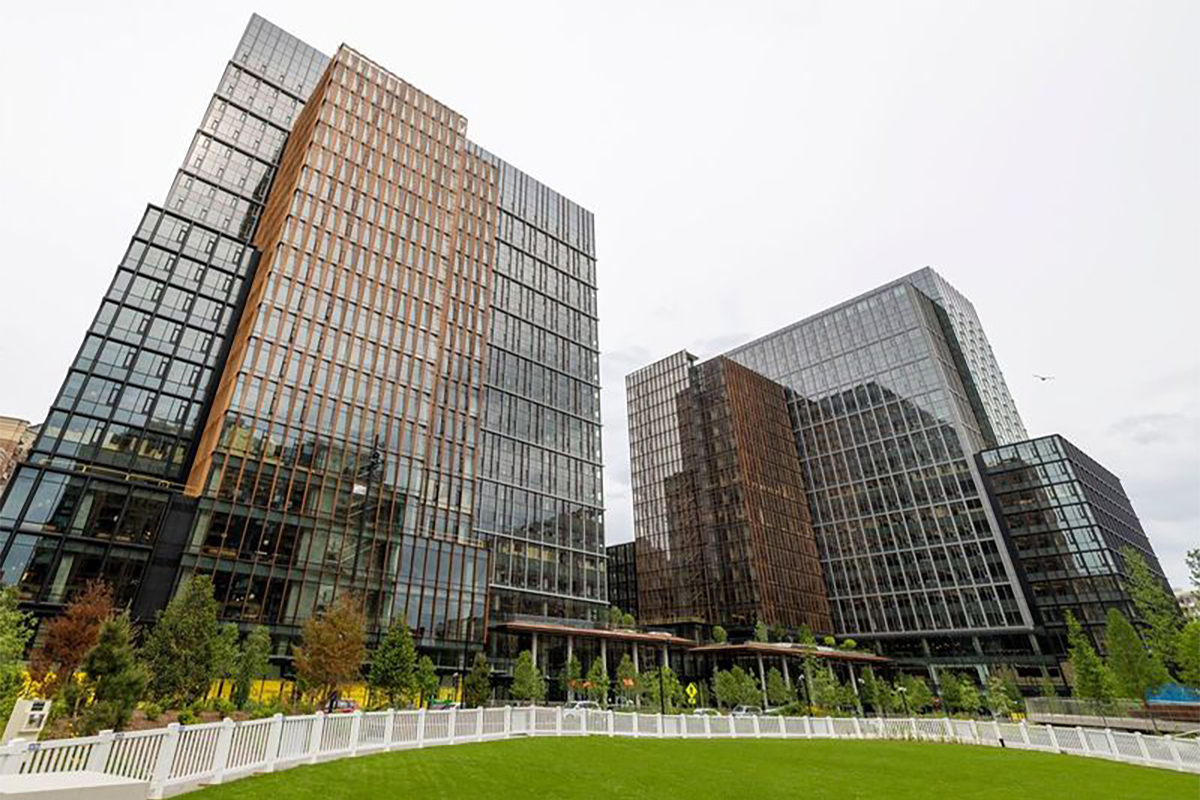
El Koubi circles back to what makes it all matter. “When we help a global company land in a rural community where every single job counts—or when a student at a board meeting reaches out to stay involved—it reminds me that this work isn’t just about economics. It’s about people.” The strategy, the structure, the precision—it’s all designed for impact that lasts. That’s the difference between noise and vision. And that’s why Virginia stands apart.
What makes Virginia different?
Our structure. Most states have economic development efforts that change with every governor. We don’t. VEDP was set up with independent governance so we could focus on the long term. That means building systems, not headlines—designing initiatives that last and scale. It also lets us develop institutional depth. That’s how you stay competitive over decades, not just during election cycles.
What’s in the modern economic development toolkit?
The most decisive factor is talent—who you can hire, how fast, and whether their skills align with industry needs. That’s why we created the Virginia Talent Accelerator Program. It’s built around the actual job roles, the company’s equipment, and even its culture. Beyond that, we’ve invested over $250 million in site readiness—pre-cleared, utility-ready industrial sites that cut time to market dramatically. And we’ve integrated our teams—international trade, workforce, and project development—so the process is seamless.
How would you describe life in Virginia?
It’s exceptional. You get access to natural beauty—coast, mountains, rivers—plus cultural vibrancy and strong communities. I live in Richmond, which has an incredible culinary and arts scene. The cost of living is reasonable, and you’re never far from nature. It’s a place where both careers and families can thrive.
What gives you purpose?
It’s the moment you see strategy turn into impact. When a single investment transforms a town.






